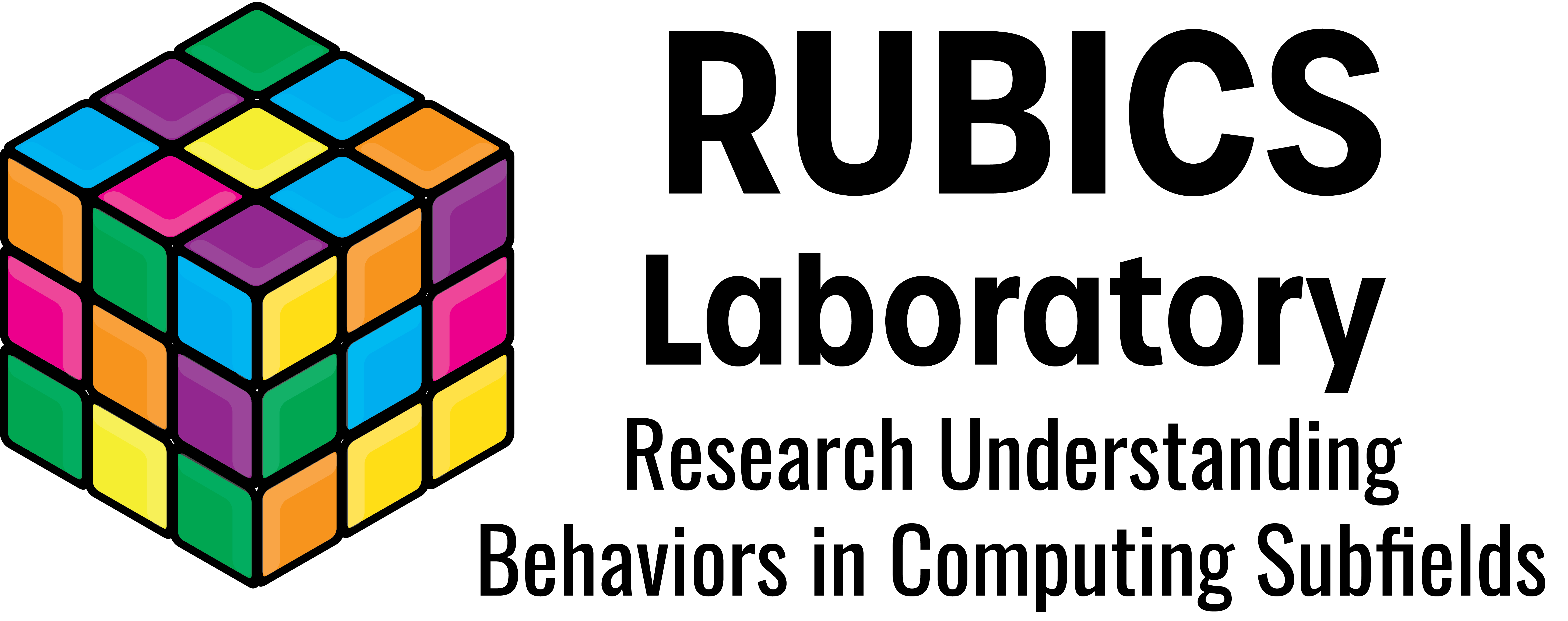
Research Overview
Through our research and collaborations, we seek to develop and assess technology and approaches that can enhance learning outcomes, empower individuals, and help prepare future generations in computing. We draw on methods and techniques from the fields of computing education (CEd), human-computer interaction (HCI), data science (DS), and machine learning (ML). Below, we provide information about some of the current projects and topics of focus in our laboratory. We also offer a selection of representative publications in these areas, when available:

PROFESSIONAL AND TECHNICAL DEVELOPMENT
Examination of students’ pathways to job attainment (CEd approach with quantitative and qualitative methods); Creation and assessment of digital tools (using HCI methods) to cultivate professional and technical competencies and enhance technical interview preparation
- Lunn, S. J., & Brewster, V. (2023, June). Virtual Interview Training: Perceptions and Performance using Digital Hiring Managers. Accepted for the 2023 American Society of Engineering Education (ASEE) Conference & Exposition, Baltimore, MD, USA.
- Lunn, S., Zerbe, E., & Ross, M. (2022, February). Need for Change: How Interview Preparation and the Hiring Process in Computing can be made more Equitable. In Proceedings of the 2022 Collaborative Network for Engineering & Computer Diversity (CoNECD), New Orleans, LA, USA.
- Lunn, S., Ross, M., Hazari, Z., Weiss, M. A., Christensen, K., & Georgiopoulos, M. (2021, June). The Impact of Technical Interviews, and other Professional and Cultural Experiences on Students’ Computing Identity. In Proceedings of ACM’s 26th annual conference on Innovation and Technology in Computer Science Education (ITiCSE), Paderborn, Germany and Virtual.
COMPUTING ACCESS POINTS, TOUCHPOINTS, AND EXPERIENCES
Exploration of the computing access points, touchpoints, and experiences that offer engagement with the discipline (e.g., participation in hackathons or bootcamps); Data-driven approach to extract insights using large educational datasets (using DS and ML methods)
- Lunn*, S., Marques Samary*, M., & Peterfreund, A. (2023, July). Calling Upon the Community: Gathering Data on Programmatic and Academic Opportunities in Computing Education Research. Accepted for ACM’s 28th annual conference on Innovation and Technology in Computer Science Education (ITiCSE), Turku, Finland.
- Arunachalam, N., Weiss, M. A., Liu, J., Perez, A. M., Narasimhan, G., & Lunn, S. J. (2023, June). Software Guild: A Workshop to Introduce Women and Non-Binary Undergraduate Students from other Majors to Computing. Accepted for the 2023 American Society of Engineering Education (ASEE) Conference & Exposition, Baltimore, MD, USA.
- Zhu, J., Lunn, S. J., & Ross, M. (2023, March). Characterizing Women’s Alternative Pathways to a Computing Career Using Content Analysis. In Proceedings of the 54th ACM Technical Symposium on Computer Science Education (SIGCSE), Toronto, Canada, (pp. 158-164).


ETHICAL CONSIDERATIONS IN COMPUTER SCIENCE
Raise awareness and promote consideration of ethical issues in data use and storage, system design, development, and deployment (e.g., algorithmic accountability); Establish and assess modules to integrate throughout computing curriculum (using CEd approach)
